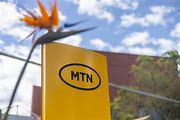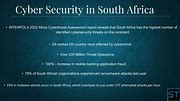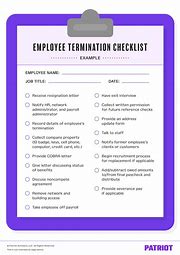By Frank Eleanya
In today’s fast-paced, interconnected world, free public WiFi has become a staple necessity at airports worldwide. It allows travelers to stay connected, manage work on-the-go, and navigate unfamiliar surroundings with ease. However, in Nigeria, this expectation falls short. Out of the 32 airports across the country, only two provide any semblance of free WiFi—Murtala Muhammed International Airport in Lagos and Nnamdi Azikiwe International Airport in Abuja. Even at these limited hubs, the WiFi service is often unreliable or completely dysfunctional.
### A Closer Look at Nigeria’s Airport WiFi Challenges
**Outdated Infrastructure:**
The root cause of Nigeria’s airport WiFi woes lies in a mix of technical deficiencies and bureaucratic hurdles. Many airport routers are outdated or insufficient to accommodate the sheer volume of passengers passing through daily. This results in bottlenecked connections and frequent breakdowns due to inadequate network planning and maintenance.
**Power Cuts and Vandalism:**
Compounding the issue are Nigeria’s unreliable terrestrial fiber and microwave links—especially pronounced outside major urban centers like Lagos and Abuja. Frequent power outages and rampant vandalism of fiber cables further exacerbate connectivity issues, causing routers to frequently go offline or fail to reboot properly.
### The Economics Behind Free WiFi
**Investment vs. Returns:**
Despite being a valuable amenity for travelers, offering free WiFi comes with significant costs for internet service providers (ISPs). From laying fiber optics to maintaining network uptime, the expenses add up without a clear revenue stream unless tied to advertising or user analytics.
**Regulatory Complexities:**
Navigating Nigeria’s intricate regulatory landscape poses another challenge for ISPs looking to invest in public WiFi infrastructure at airports. With multiple agencies overseeing different aspects of telecommunications and aviation, securing approvals can be cumbersome.
### Who Bears Responsibility?
The responsibility for airport internet services remains ambiguous in Nigeria. While the Federal Airports Authority of Nigeria (FAAN) oversees most airports operationally, managing digital infrastructure falls under the purview of the Nigerian Airspace Management Agency (NAMA), often outsourced to third-party ISPs.
### Implications Beyond Connectivity Issues
Beyond inconveniencing passengers, malfunctioning airport WiFi tarnishes Nigeria’s image internationally and hampers its economic potential by failing to attract tourists effectively. Functional airport WiFi not only aids tourism but also promotes digital inclusion among Nigerians without active data plans.
### Path Forward: Rethinking Strategies
To address these challenges effectively:
1. **Government Collaboration:** FAAN must collaborate closely with experienced ISPs under enforceable agreements.
2. **Private Sector Incentives:** Offering incentives like advertising rights or tax breaks can entice private sector investments.
3. **Long-term Partnerships:** Establishing public-private partnerships with shared risks can bridge infrastructure gaps sustainably.
4. **Enhanced Communication:** Transparent communication about available services can enhance user experience significantly.
Until these critical steps are taken to revamp airport connectivity in Nigeria, free WiFi will remain more myth than reality—a promise glimpsed but never fully realized for weary travelers seeking seamless digital access amidst their journeys.









Leave feedback about this